The Medical Media Review
-
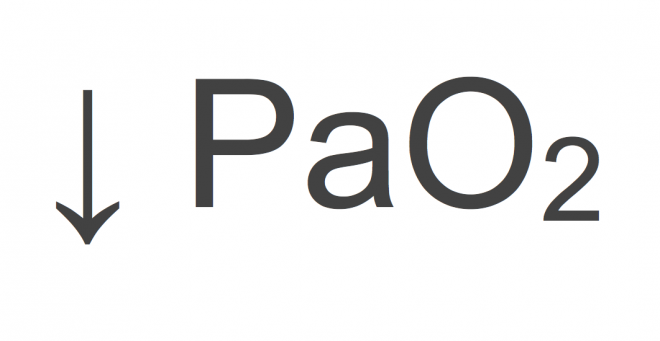
Hypoxia: Critical but Often Poorly Understood Concepts
Hypoxemic Hypoxia Arterial hypoxemia almost always points to either a reduction of the inspired oxygen tension or to a lung problem. When troubleshooting a hypoxemic patient, it sometimes helps to investigate the problem by breaking it down in an organized and stepwise fashion: Hardware and access issues: these are more or less obvious plumbing problems which…
-
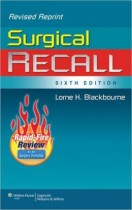
Book Review: Surgical Recall, 6e
Surgical Recall, 6e (2012) by Lorne H. Blackbourne MD is an 800-page handbook that is packed with very high-yield clinical information that all primary care physicians should find relevant. The book is obviously is surgery oriented, but I find its content to be extremely relevant to all major medical specialties. Solid tumors, relevant to almost…
-
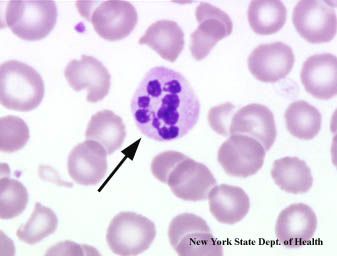
Macrocytic Anemia: The Workup
The workup for macrocytic anemia should include some or all the following: Peripheral blood smear Hypersegmented neutrophils and macroovalocytes → B12 or folate deficiency. Pancytopenia → advanced B12 deficiency Target cells → chronic liver disease (anemia and thrombocytopenia are also seen). Pseudo-Pelger-Huët cells → myelodysplastic syndrome. For vitamin B12 deficiency Vitamin B12 levels Methylmalonic acid and…
-
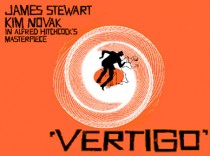
Vertigo: What You Need to Know for Clinical Practice and the Boards
Introduction Vertigo is a sensation of spinning, either of the patient or of his or her environment. There are four types of vertigo that you must consider in a patient who complains of a spinning sensation: Toxic vertigo Central nervous system vertigo Peripheral nervous system vertigo Hematologic vertigo (hyperviscosity syndrome) Toxic Vertigo Salicylates and anticonvulsants,…
-
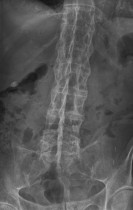
Seronegative spondyloarthropathies
Introduction Among the thousands of patients whom you might want to diagnose with mechanical low back pain, one or two might actually have one of the seronegative spondyloarthropathies, an important group of systemic diseases, which requires careful and particular management. The seronegative spondyloarthropathies are: Seronegative (= negative for rheumatoid factor and anti-citrullinated protein antibodies) Spondyloarthropathies…
-
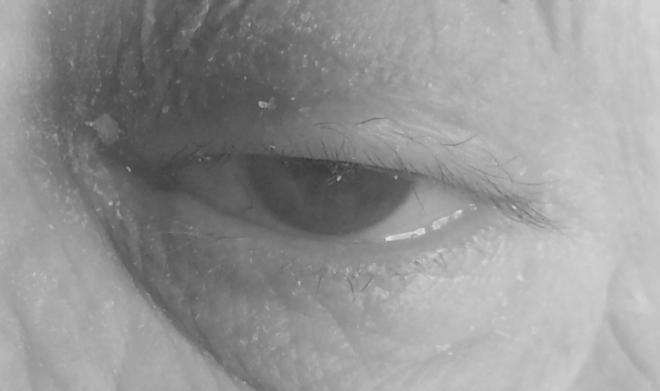
Myasthenia Gravis: The Workup
Here’s a workup for suspected myasthenia gravis: Acetylcholine receptor antibody Muscle specific receptor tyrosine kinase (MuSK) antibody Chest CT (to look for thymoma) TSH (concomitant autoimmune thyroiditis is sometimes seen) Search for underlying infectious precipitants as guided by history (e.g., CBC, chest radiograph, urinalysis) Search for underlying concomitant metabolic derangements which may contribute to weakness…
Got any book recommendations?
